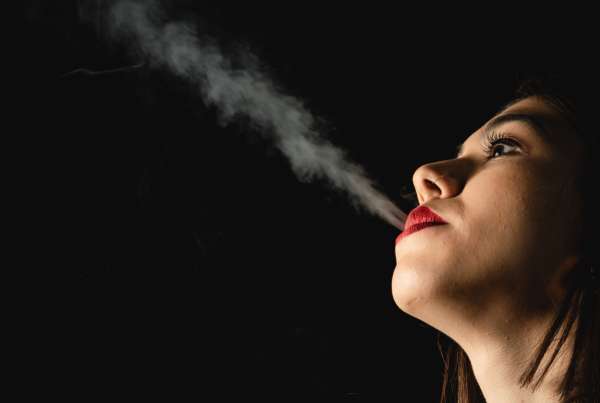Our speech is a powerful tool: What we say and how we say it can have a profound effect on whomever we’re talking to. If we are kind, it can change the trajectory of the conversation; likewise, rudeness and thoughtless speech can wreak havoc. Part of recovery is changing our actions and our interactions with others. When we speak wisely, we nurture healthy relationships with others, and create a safe haven for ourselves as well as for those around us. The times when it’s really difficult are when someone is being unkind to us.
When you find yourself in a situation where you are concerned about your response, ask yourself:
- Is it useful?
- Is it true?
- Is it kind?
- Is it all of the above?
The 10th step asks us to “Continue to take personal inventory and when we are wrong, promptly admit it.” This step is part and parcel to paving our spiritual paths, teaching us that spiritual practice is tied to our connections with others. Those connections show us there is something greater than ourselves through connecting with community. When we are unkind, thoughtless, or dishonest with our speech, we disconnect from others, and disconnect ourselves from spiritual connection.
It behooves us to speak kindly, lest we endure the disdain of others. This is not an easy lesson to learn or an easy task to follow, especially in adolescence, where the brain is still developing and the process of individuation is in full force, all of which makes talking back, being rude, and being unskillful with speech par for the course. How, then, can we effect change amongst the burgeoning minds of our youth? For starters, we need to treat those younger than us with the respect that we would like shown to us. I am not implying that we should become doormats, but I am asking that we practice wise speech and display positive behaviors as an example for our teens.
When we meet rudeness with rudeness, shortness with shortness, and aggravation with aggravation, we are giving our kids mixed messages–“do as I say, not as I do”– which just leads to resentment and frustration. If we want respect, we have to model respect; If we want kindness, we have to model kindness. It is our job to model positive behavior and fess up when we make mistakes. Kids will get it eventually, but it requires patience on our end and a fervent desire to model healthy behaviors.
Originally posted on May 7, 2013 @ 9:14 am








